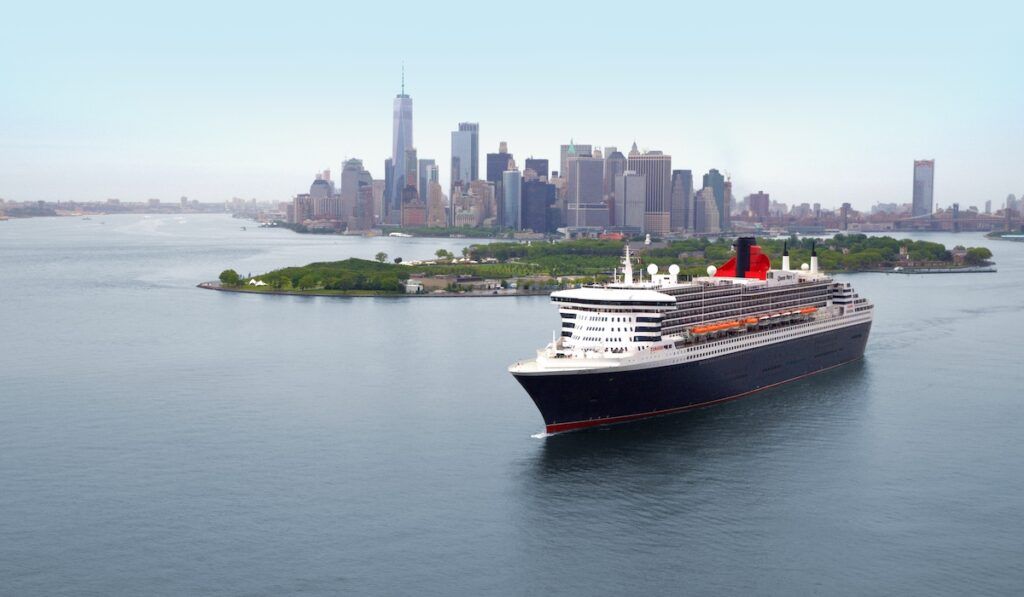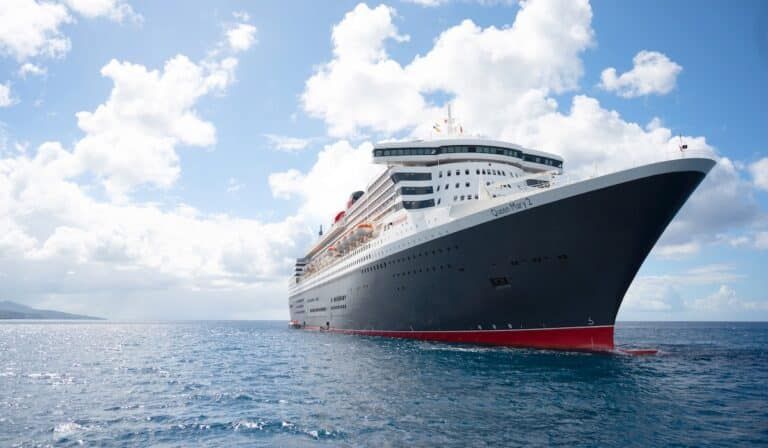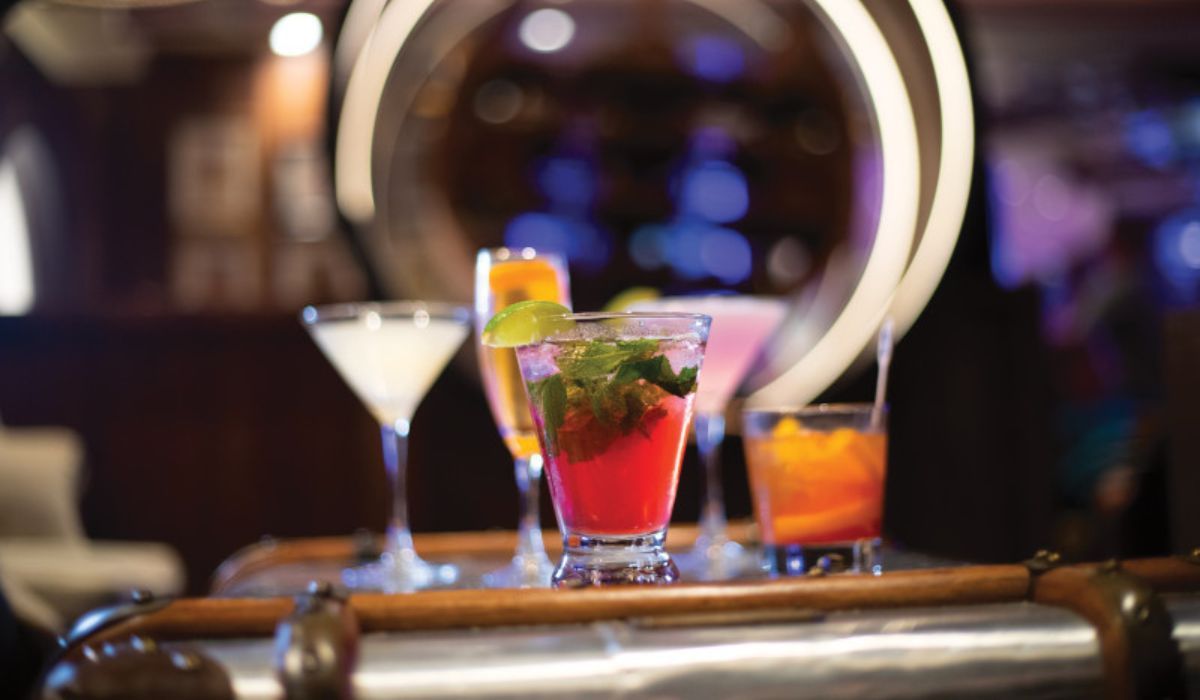Cunard has announced that new research conducted on its ship Queen Mary 2 bears good news for cruise lovers. The study has confirmed that just five days at sea can positively impact various cognitive abilities, including memory, logical reasoning, perceptual abilities, and problem-solving.
In a first-of-its-kind neuroscience study, the results revealed that Cunard’s transatlantic crossing voyage, combined with the line’s program of enriching experiences, can increase cognitive abilities by 26 percent. This makes travelers more alert, focused, and resilient.
The study, which involved 40 guests from around the world, was conducted by human understanding agency Walnut. It took place as guests sailed on a crossing from Southampton, England to New York City. Researchers used biometric tools to measure cognitive and physiological changes before and after five days at sea. The results showed notable improvements in memory, problem-solving, attention, and overall emotional well-being.
Cunard Study Findings
Key findings included:
- Memory: A 29% improvement in word recall, indicating enhanced short-term memory performance.
- Problem-Solving: 125% improvement in complex logical and spatial reasoning tasks.
- Attention: 14% improvement in focus during visual tasks.
- Relaxation: Self-reported relaxation rose by 158%, while overall physiological stress levels decreased by 35%, reflecting the relaxing influence of the voyage.

Neuroscientist Dr. Jack Lewis commented on the findings, saying “What stands out for me in this study is how neatly all the pieces fit together. The passengers’ time on the ship clearly reduced their stress levels based on subjective and objective measures. The main stress hormone, cortisol, is well-known in the science research literature to interfere with various cognitive processes. So, the boost in memory and logical reasoning capacity identified in this study is likely to be attributed to the stress-relieving impact of ocean travel. This, combined with the amazing array of stimulating activities onboard the world’s only ocean liner, allows the passenger’s brains to unlock their full potential.”
The study took place on the Queen Mary 2 crossing that departed on October 18, 2024. Two tests were performed on either the day before or the first day aboard the ship, and then another five or six days later towards the end of the sailing. It used a combination of self-report and biometric measures to monitor psycho-physiological reactions using a neurofeedback device to measure and record the natural electrical activity of the brain and a Galvanic Skin Response Recorder to measure and record the natural electrical resistance of the skin.
Katie McAlister, President of Cunard, added “This study reinforces what we have always known – a Cunard voyage is much more than just a holiday. Our thoughtfully curated enrichment programs, bespoke wellness experiences, world-class dining, and renowned White Star Service combined with the opportunity to unwind and embrace the serenity of the ocean leave our guests feeling refreshed, inspired, and reinvigorated.”
Comments
Do you feel more alert, relaxed, and/or focused while on a cruise or directly following? What positive physical effects have you experienced during a cruise? Drop us an anchor below and let us know!












